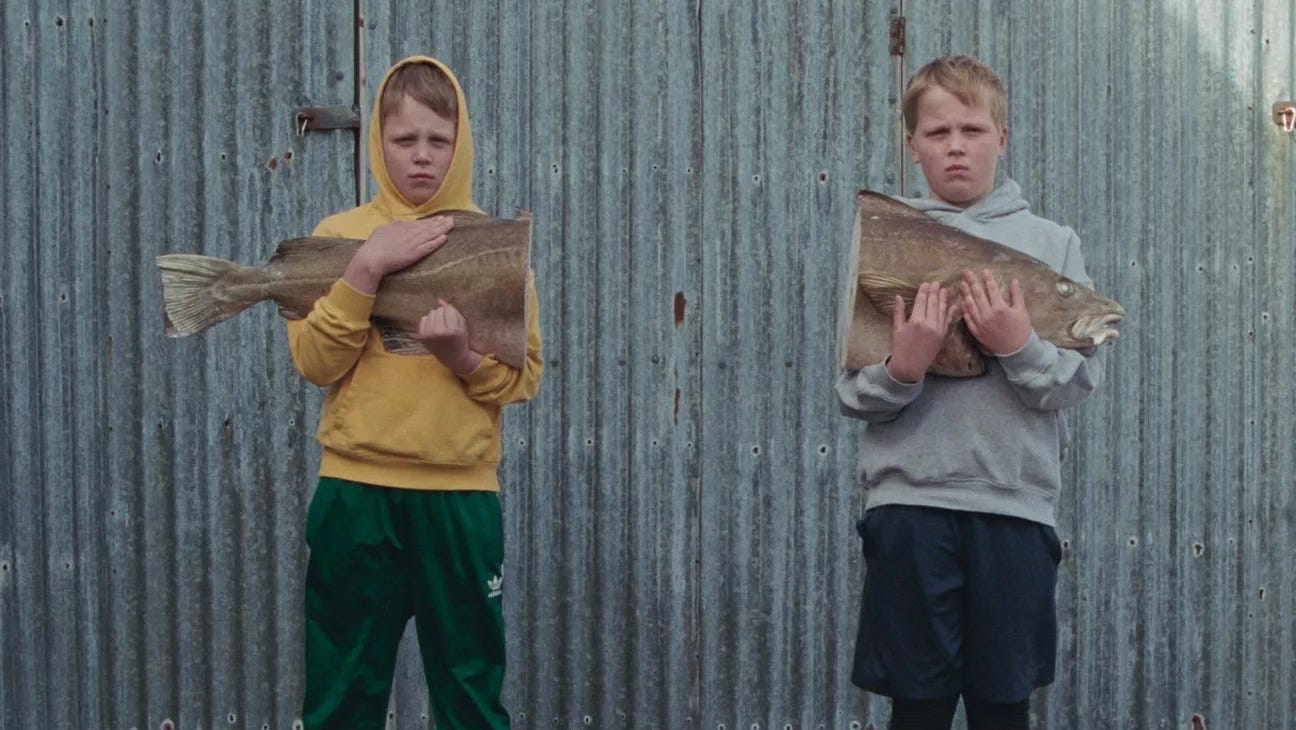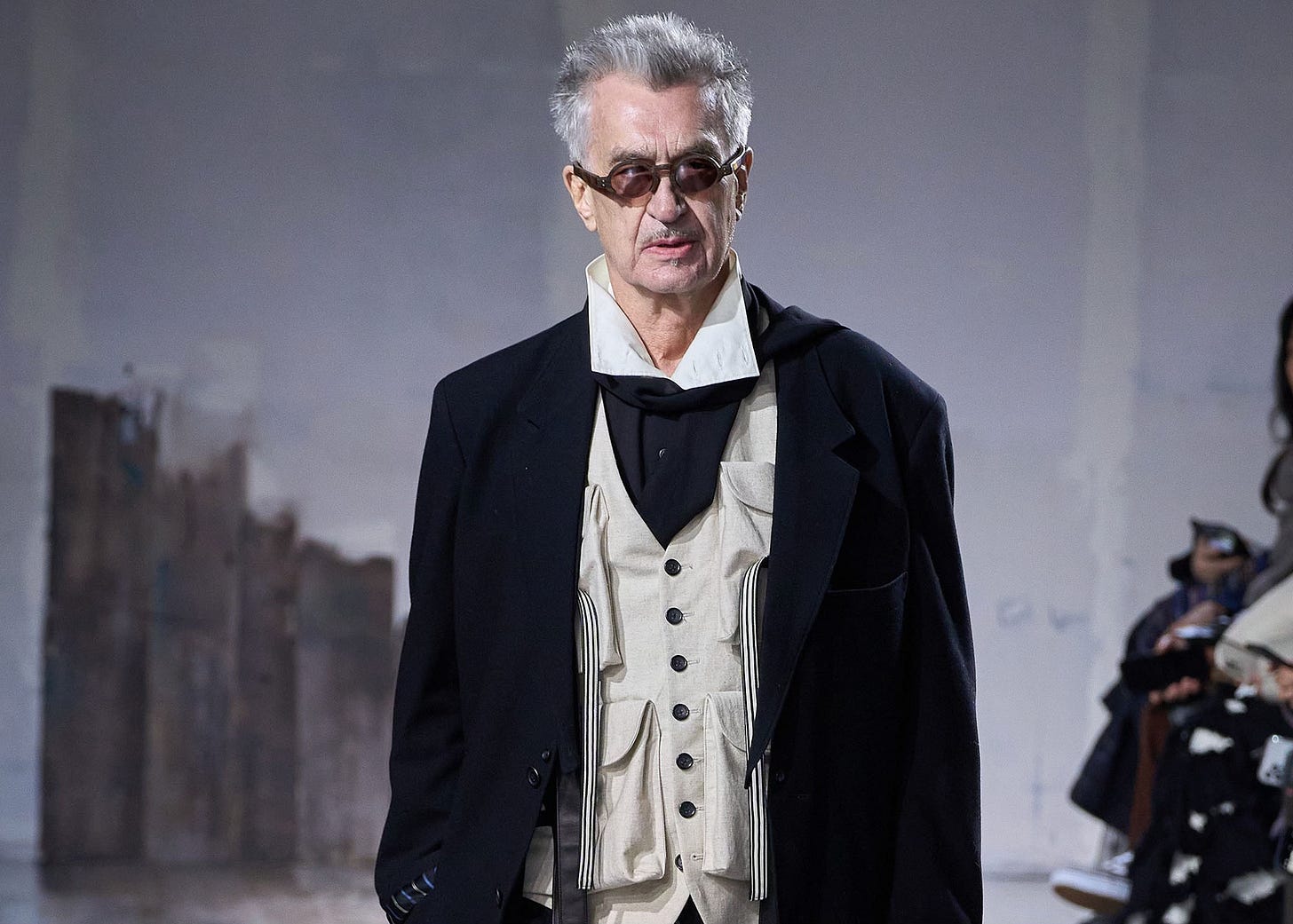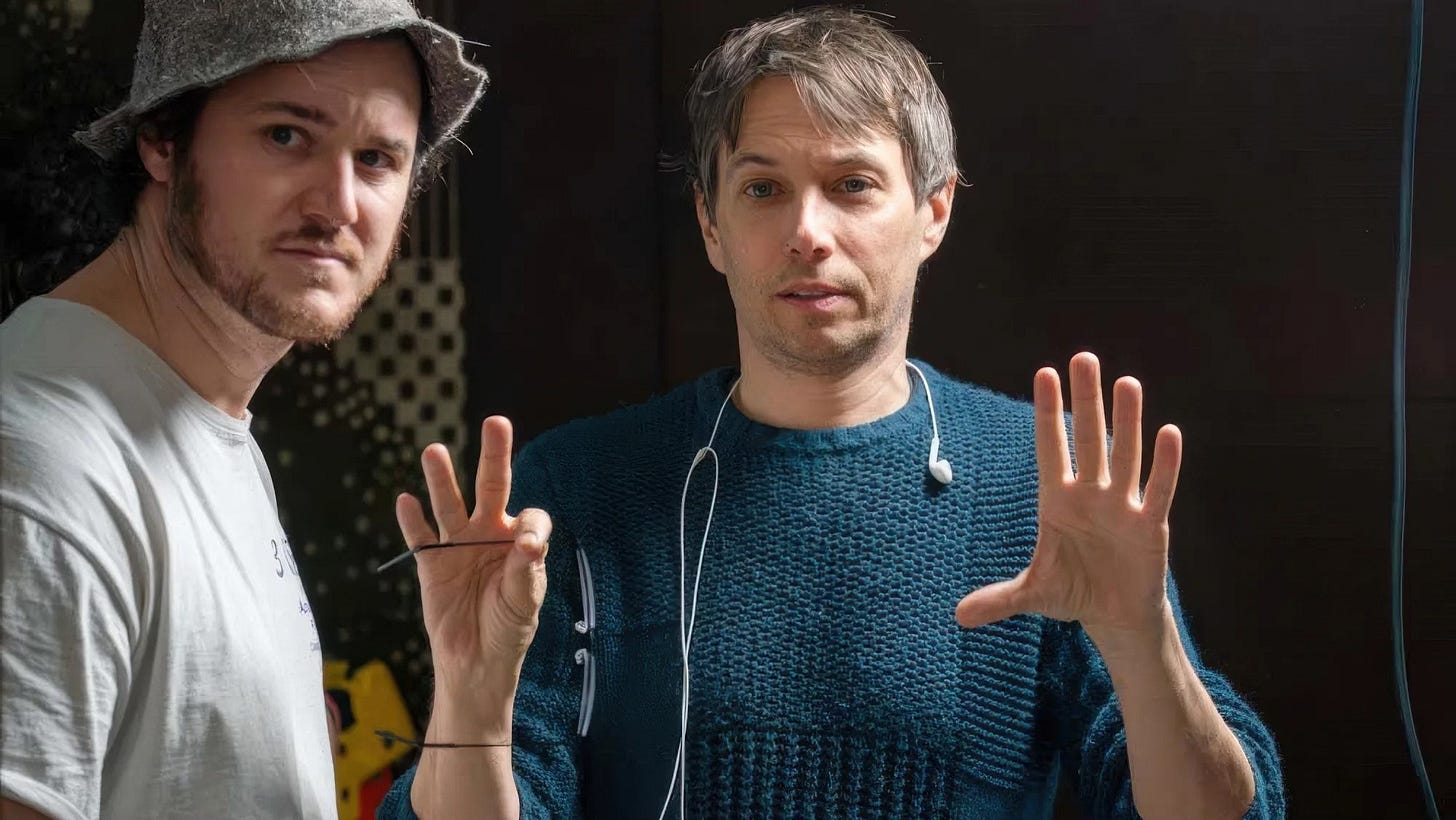What Do You Call Yourself?
On labels, filmmaking, and the strange business of defining who we are.
I’ve had a bunch of meetings in Madrid recently. And they always begin with the same question: how do you describe yourself?
Most of the time, I don’t think too much about it. I’ll say I’m a filmmaker, or a writer/director. Often I tailor it to who I’m meeting. But the other day, someone said something that stuck with me: “Here, when someone says filmmaker, it means a one-man band. Someone who shoots, directs, edits. Whereas a director is someone who makes films.”
That distinction is fascinating. Because in the wider discourse, we call the great directors “filmmakers.” But here, it’s closer to “videographer.” So what are we really saying when we choose one word over another? What do people hear when we introduce ourselves?
How do we describe ourselves? How should we describe ourselves? Do we tailor it to context, or is there some universal truth we’re meant to hold onto?
My own test case is how I describe it to my daughter. Not that I’m trying to impress her (although of course I am), but because if I can’t explain it to her - or to anyone outside the world of filmmaking - then what the fuck am I doing? When she asks, I say: ‘I make films’.
In fact, if I’m describing what I do to people in the real world, that’s usually what I say. Because if I say I’m a director, they think I’m a company director. If I say “writer/director,” it feels industry-speak. But I make films—that works.
And yet, when I’m on set, I’ll say I’m a director. When I’m pitching, it’s writer/director. And in emails… well, I’ve learned in the past weeks just how much those opening lines matter. And maybe I’m slow on the uptake here, but Jesus Christ, are people in the industry obsessed with labelling.
The more specific they can box you, the easier you are to file in their heads.
I used to think that was just a commercials thing. I’m used to having my work described as “emotional storytelling” or “authentic moments” or “in the documentary tradition”. But this might happen even more when it comes to films.
Not only in genre terms, but also in the role you’re playing in the production. Making shorts and features and docs? - too fragmented. Shooting your own work, editing it yourself? - too low-fi.
I found that push and pull difficult to navigate in the past. Specifically when it comes to labelling myself to the outside world.
I shot and produced both my first feature documentaries. I used to feel a bit reticent to take claim for that, like it was a functional necessity, rather than because I was good at it. That somehow doing too many jobs was showcasing a flaw in the work. I would almost belittle it because I wanted people to focus on the fact that I did the directing.
Because when I was young, I was so clear that I wanted to be a director. I probably limited myself from having great experiences and gaining connections by doing that. I even wanted credits where I helped out on someone’s short film, taken off IMDb. Because I thought it distracted from the seriousness of my directing arc.
In London in my early twenties, I’d rather be an unemployed director than a very employed runner. It was stubborn, but it kept me focused. I signed on to the dole, worked endless shitty jobs, and made my own films on the side. (There’s a good primer on the impact of the dole and dhss programs on the arts here. TLDR: I’m following in Vince Clark’s footsteps).
For me, it was treating myself like a director that felt necessary. It was a sort of all-in move as much for myself as anything.
But the truth is, I’ve always been inspired by people who can do a bit of everything. Sean Baker1 editing his own work for example. Or how Wim Wenders moves from fiction to documentary, from German to English, from films to fashion shows to photography. Spike Jonze? He’s made feature films, commercials, skateboard videos, acted in music videos, designed products.
Just recently, I saw a Hlynur Pálmason art show, and his new feature - the majestic The Love That Remains. He might be my favourite current director and he’s doing all kinds of things that blur the lines of definitions. And being a VERY SERIOUS DIRECTOR.
What do they call themselves in meetings? Does Wenders ever walk into a room and say, “I’m a director, but also a photographer, writer, performer, philosopher and I’ve even walked at fashion shows?” Did Jonze ever hesitate over whether to put “skateboard company co-founder” on his bio?
(And is this specific niche of self-doubt a by-product of things like email introductions, instagram bios and ‘about’ pages?)
Now I want nothing more than to be someone who makes interesting things. Films, both narrative and documentary; a book; a play; I’d love to design a bag one day. And I’m increasingly comfortable with seeing my ability to write, shoot and edit as deep skills that help makes films a reality, rather than just hypotheticals.
So how should I start describing that to people?
I’m not going to put ‘storyteller,’ because I’m not an asshole. I’m not going to put ‘multi-hyphenate,’ because that’s even worse. I’d be starting to sound like Garth Marenghi in Garth Marenghi’s Dark Place. I may as well put “Dreamweaver.”
I keep circling back to the simplest answer: I make films. It’s often true. It doesn’t take itself too seriously. Maybe that’s all that matters.
But then again - if we don’t define ourselves, who will? And what do we risk when we let other people do it for us?






I'm on the same boat! And I feel that we are many, so maybe there is a new trend of 'Renaissance' filmmakers. However, the industry certainly dislikes that, and now that I am writing my movie credits, I face the same dilemma. I'll try to write a post about it in answer to your.
I love folks who are able to push out their creativity through all the ways they can and I love folks who are doing the one thing too. Labeling is such a pain. I love the short hand of it but cutting corners in describing can leave out so much possibilities. What to do!
Is “storyteller” that bad a definition ;)